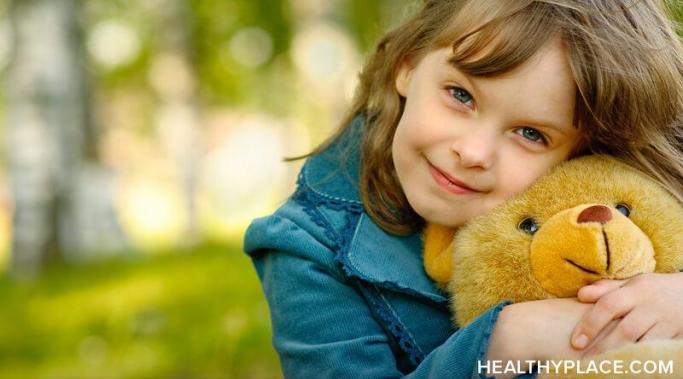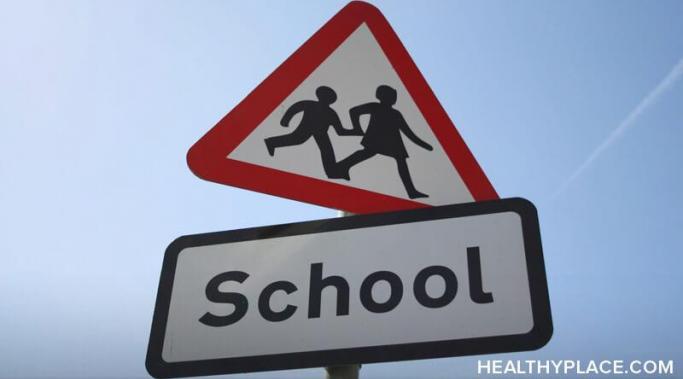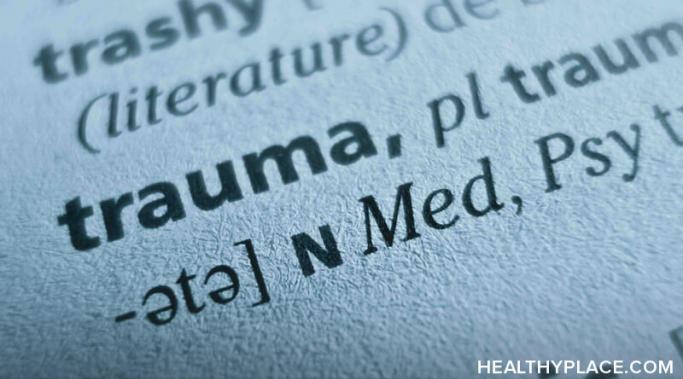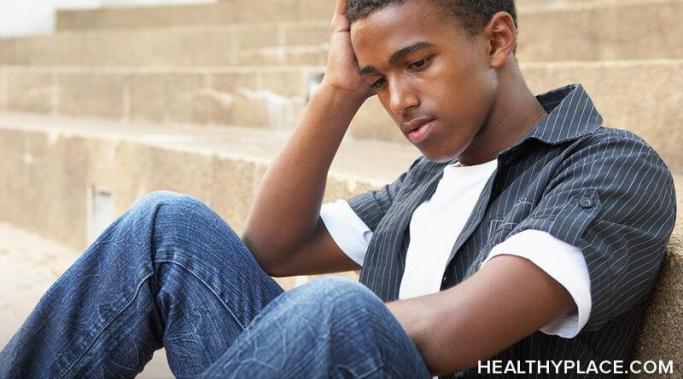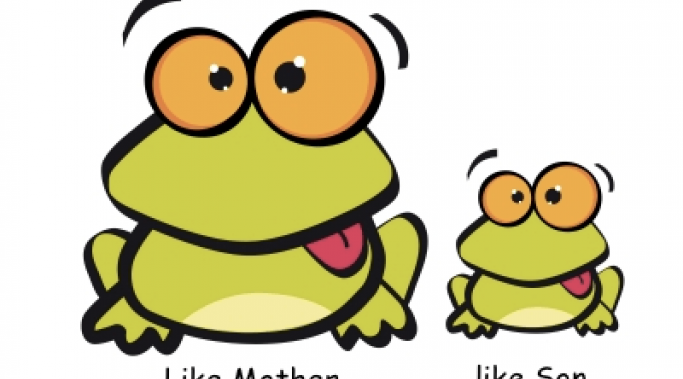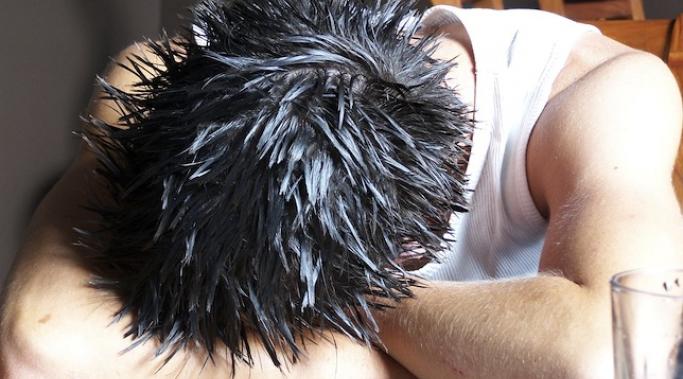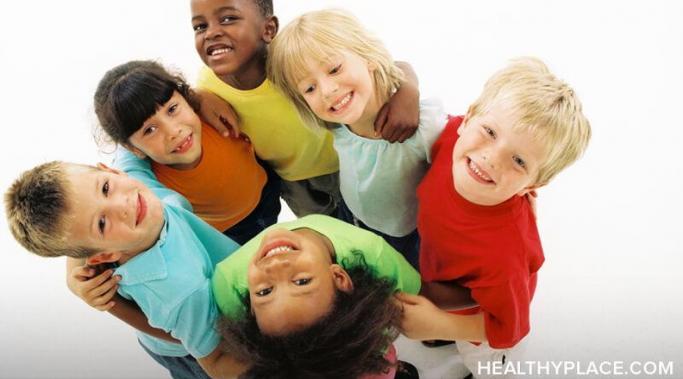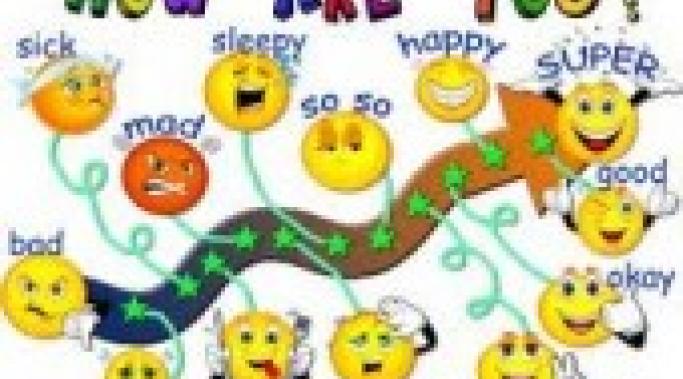Parenting is always a divisive topic. Every generation thinks it has found the trick to child-rearing, and every new parent vows to avoid the mistakes their own parents made in raising them. Attitudes towards discipline, attachment, nutrition, education, and play are constantly evolving, but one thing that never seems to change is the idea that crying is a bad thing and that the goal when a child cries is to get them to stop at any cost. This attitudinal hangover from the days when children were to be seen but not heard is incredibly worrying and something we should resist as parents in order to safeguard our children's mental wellbeing.
Childhood Depression
Childhood bullying caused me to have a fairly miserable time at school. I was bookish, physically inept and socially awkward. Add to that the headgear and a built-up shoe, and you had a sight that would make any school bully drool.
There are some of us with depression who have experienced trauma during our lives. This trauma may have occurred prior to or after our diagnosis of depression. For those who have been through traumatic experiences, these events can have a profound effect on their depression. Armed with this knowledge, what can those of us with depression -- and those close to people with depression -- do with this information? (Note: This post contains a trigger warning.)
Your child has been diagnosed with depression. Now what? You're overwhelmed. You already have a depression diagnosis yourself. How can you cope with both your depression and that of your child's? Take a breath. Relax. Let's walk through this together.
For as long as I can remember, I've felt sad and defective. So when did I realize that I needed help? I didn't always know I had depression. I actually didn't have a clue what it was until after my doctor gave me my depression diagnosis.
Parents want the best for their children. So, it’s a sad and guilt-ridden moment indeed, when you realize that you have passed mental illness on to one or more of your children.
If the signs and symptoms of depression were detected early in a young person’s life, would it make a difference? (Symptoms of depression in teens and children)
Teenage Depression or Normal Teenage Behavior?
I was a moody teen… is there any other kind of teen? The sudden outbursts, melancholy and disinterest in teenagers is often attributed to or described as bad-tempered, sulky, hormonal, bitchy, dramatic. The list is endless. Regardless of gender, each teenager must survive his/her own brand of pubescent purgatory.
I wish I had a dollar for every kid I’ve heard say this week, “I’m tired!” As parents, we have the best of intentions, planning every summer’s end to start the early bedtime long before school starts, get into a routine again. But it is easier said than done. Between the change in sleep and day routines, and the beginning of new classes and new teachers, new friends, new schools, adjustments, rules, homework…it can be a lot to take in (Back to School Bipolar Survival Guide). And while some adjust very well, some don’t at all. Here are some ideas to help with the transition.
Unfortunately kiddos get depressed too. Sometimes it is a chemical imbalance, clinical depression that may benefit from medication. But other times it is situational, environmental, or an inability to handle what is going on around them. Telling them to “stop” doing a negative behavior is not enough. What they need is for us to teach them and show them what to do instead.
